50+ SAMPLE Office Agreement
-
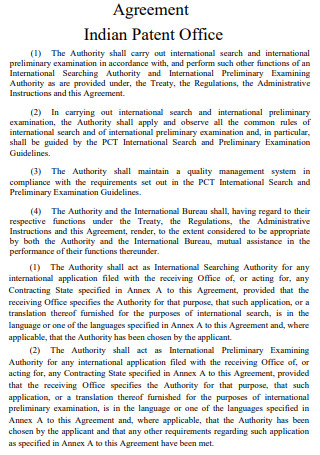
Patent Office Agreement
download now -
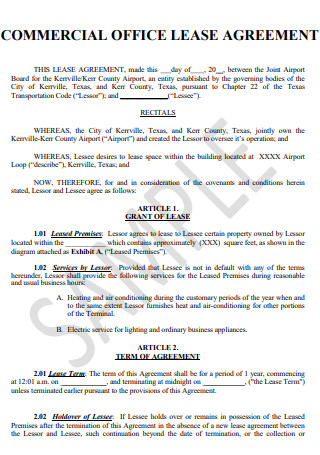
Commercial Office Lease Agreement
download now -
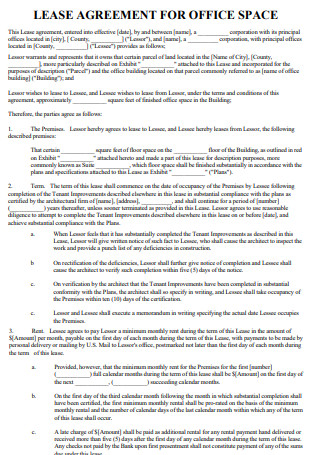
Office Space Lease Agreement
download now -
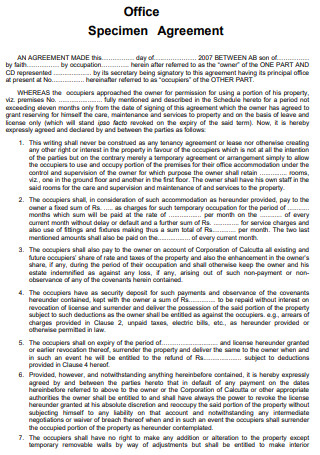
Office Specimen Agreement
download now -
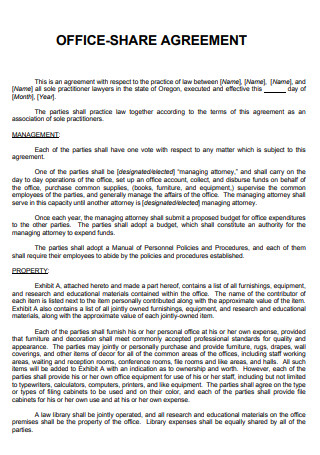
Office Share Agreement
download now -
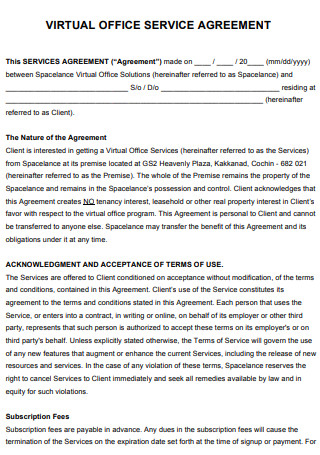
Virtual Office Service Agreement
download now -
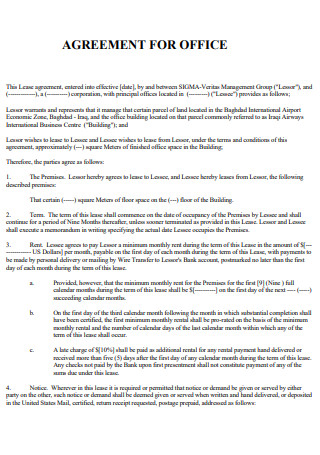
Sample Office Agreement
download now -
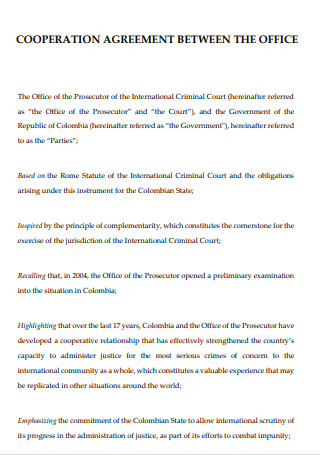
Office Cooperation Agreement
download now -
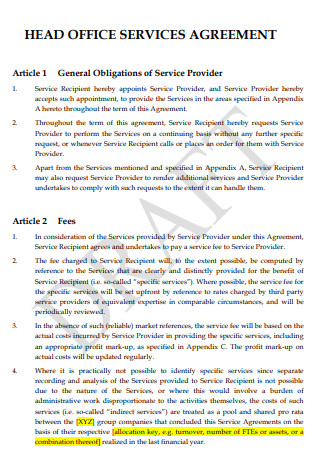
Head Office Service Agreement
download now -
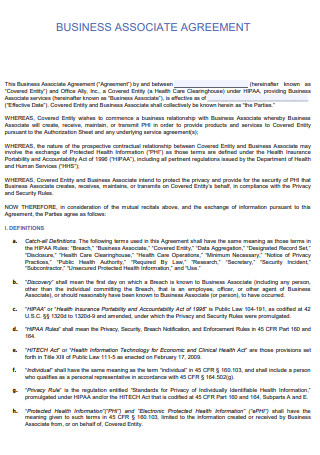
Business Associate Office Agreement
download now -
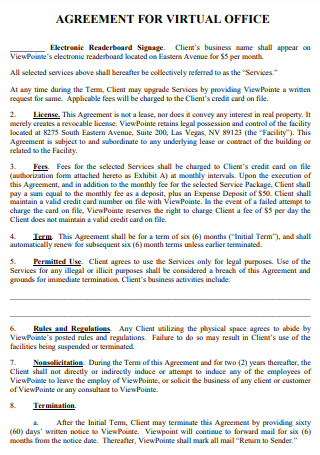
Virtual Office Agreement
download now -
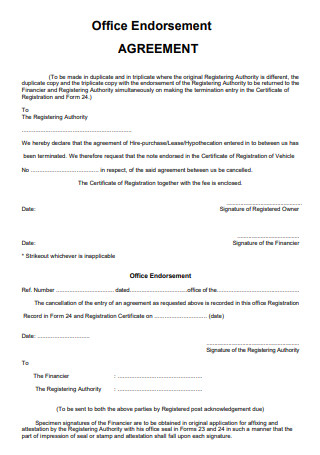
Office Endorsement Agreement
download now -
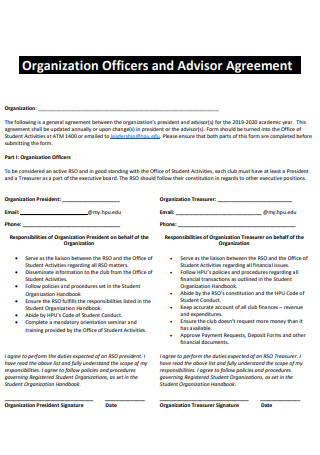
Organization Officer and Advisor Agreement
download now -
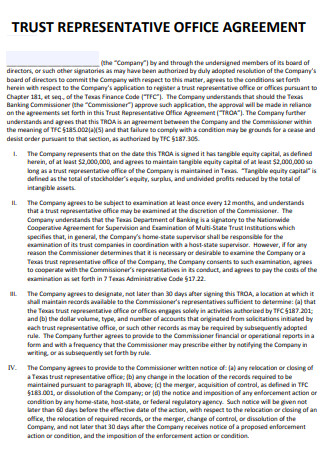
Trust Representative Office Agreement
download now -
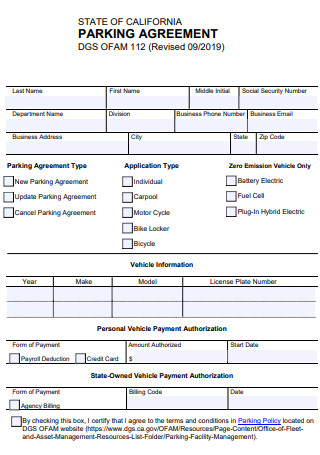
Office Parking Agreement
download now -
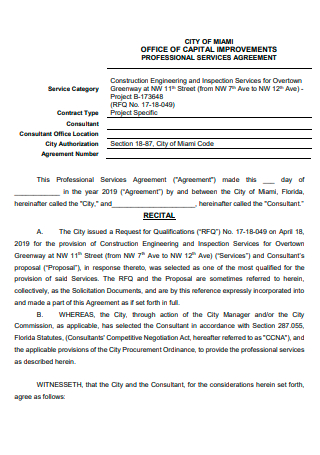
Office of Capital Improvement Professional Agreement
download now -
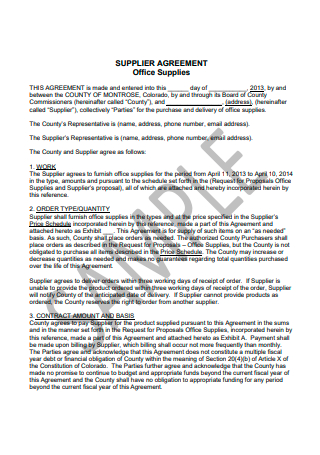
Office Supplier Agreement
download now -
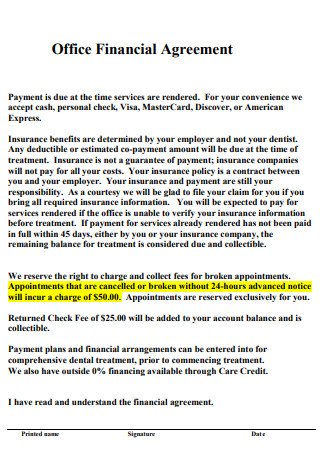
Office Financial Agreement
download now -
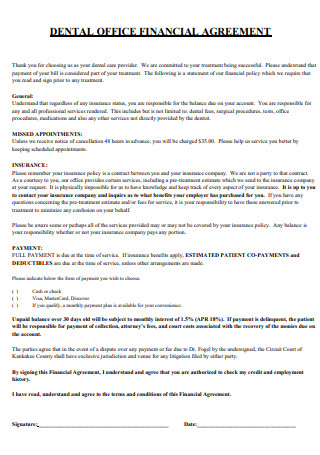
Dental Office Financial Agreement
download now -

Office of Sponsored Program Research Agreement
download now -
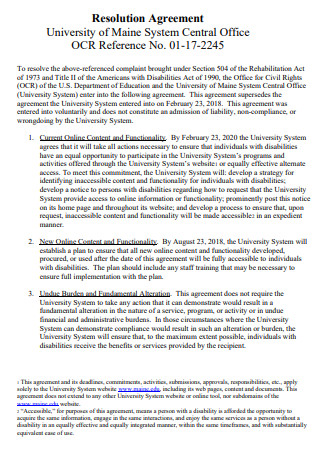
Central Office Resolution Agreement
download now -
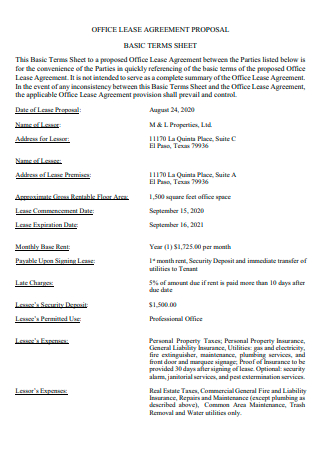
Office Lease Agreement Proposal
download now -
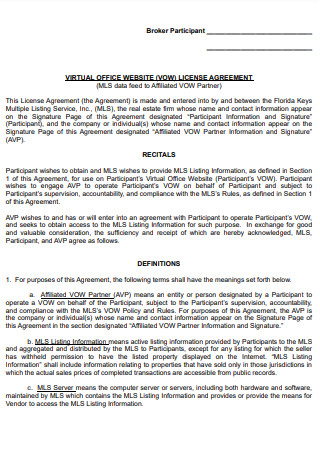
Virtual Office Website License Agreement
download now -
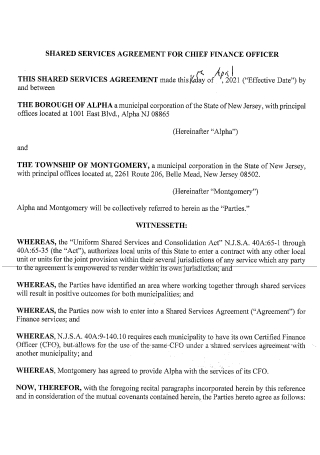
Chief Finance Officer Shared Services Agreement
download now -
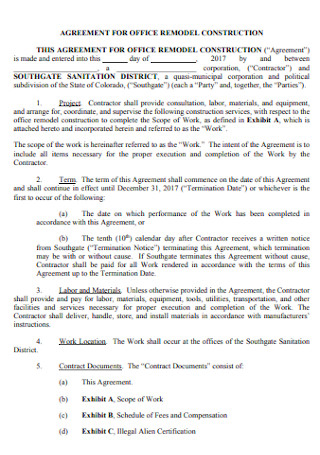
Agreement for Office Remodel Construction
download now -
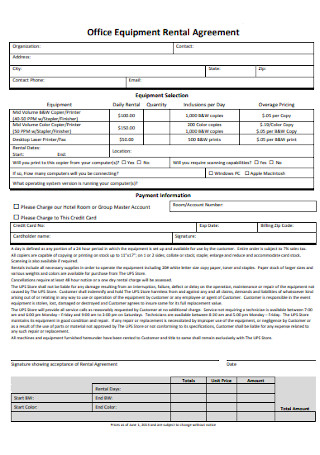
Office Equipment Rental Agreement
download now -
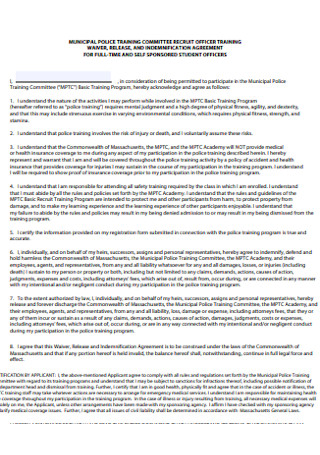
Office Indemnification Agreement
download now -
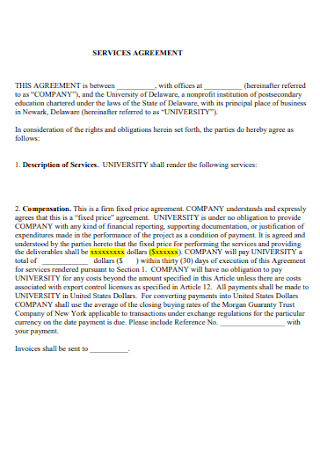
Office Service Agreement
download now -
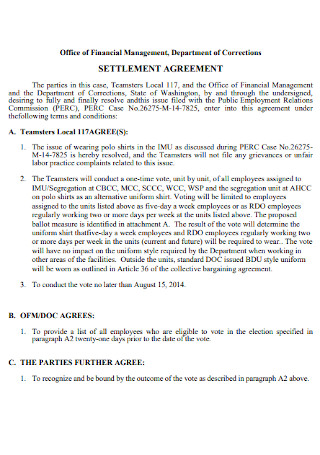
Office of Financial Settlement Agreement
download now -
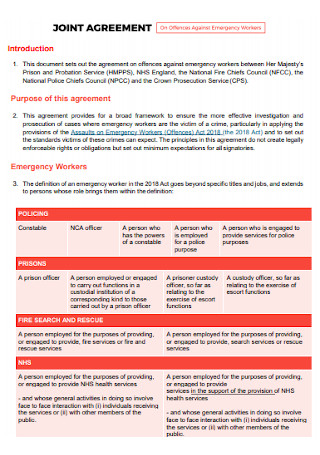
Joint Offices Agreement
download now -
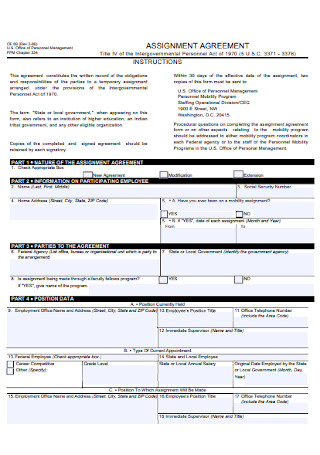
Office Assignment Agreement
download now -
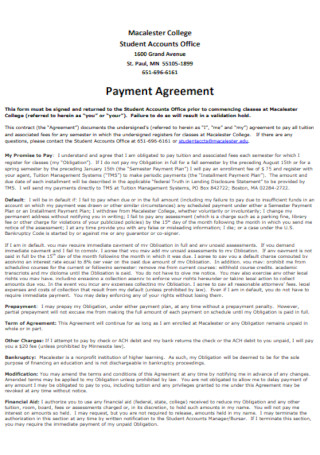
Office Payment Plan Agreement
download now -
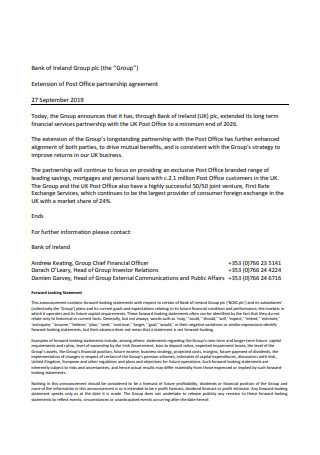
Extension of Post Office Partnership Agreement
download now -
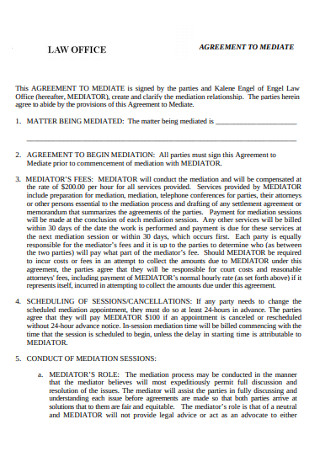
Mediation Law Office Agreement
download now -
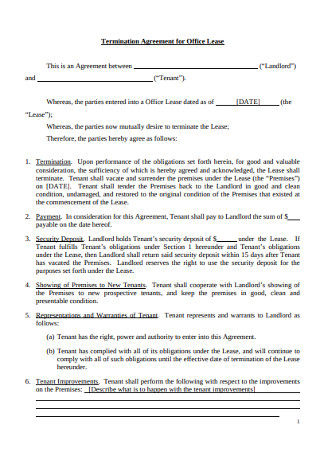
Termination Agreement for Office Lease
download now -
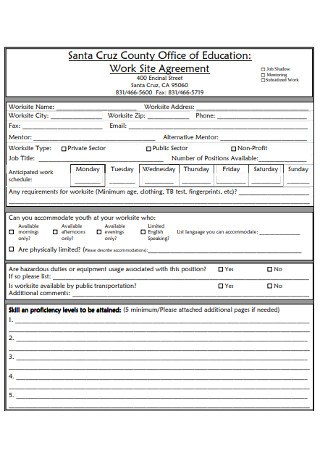
Office Work Site Agreement
download now -
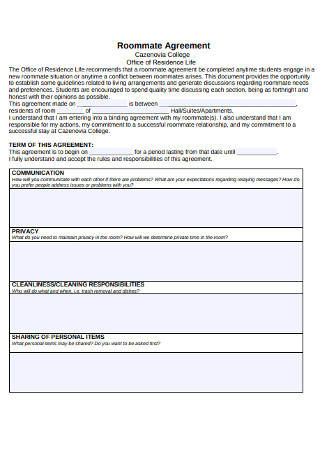
College Office Roommate Agreement
download now -
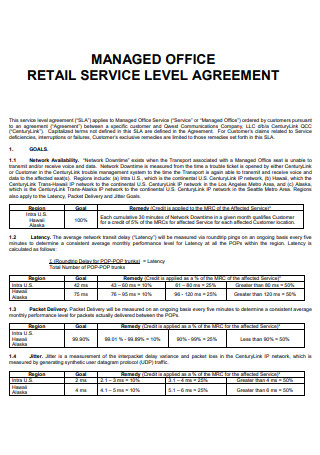
Managed Office Retail Service Level Agreement
download now -
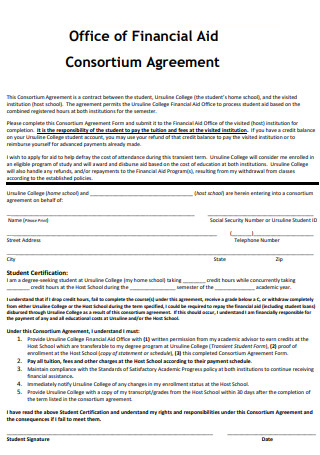
Office of Financial Aid Agreement
download now -
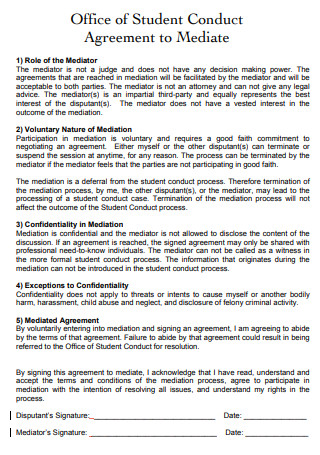
Office of Student Conduct Agreement
download now -
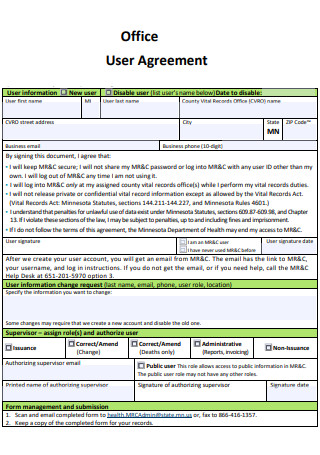
Office User Agreement
download now -
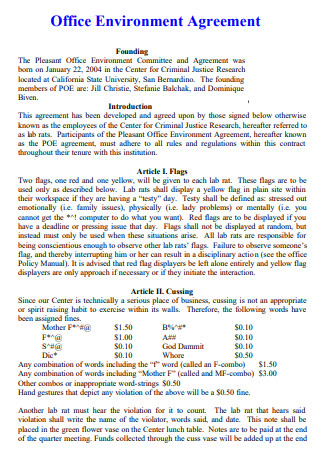
Office Environment Agreement
download now -
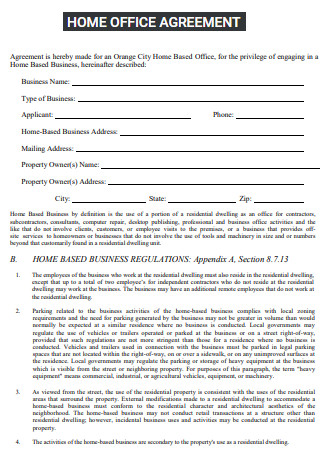
Home Office Agreement
download now -
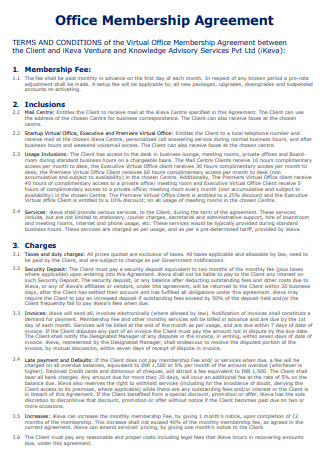
Office Membership Agreement
download now -
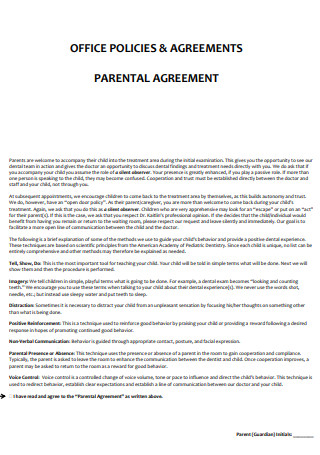
Office Policies and Agreement
download now -
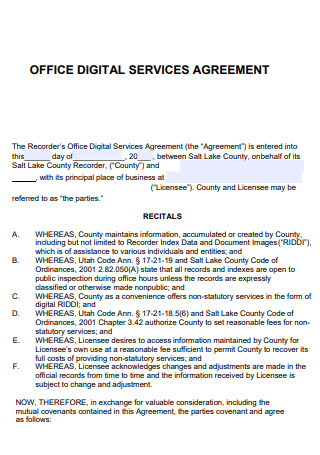
Office Digital Services Agreement
download now -
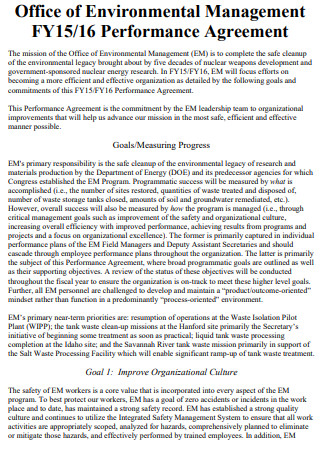
Office of Environmental Management Agreement
download now -
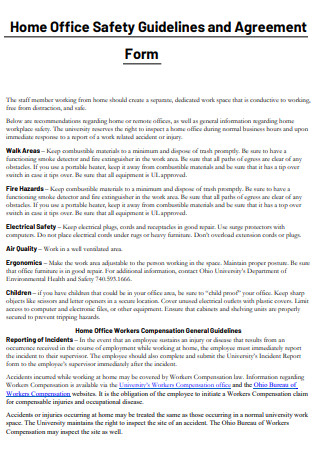
Home Office Safety Guidelines and Agreement Form
download now -
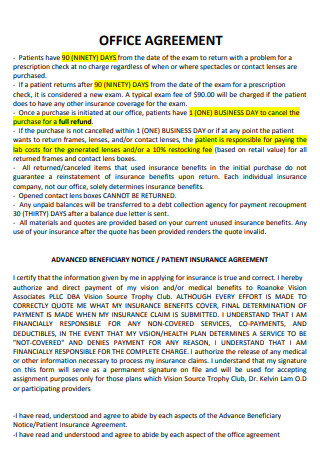
Office Agreement Example
download now -
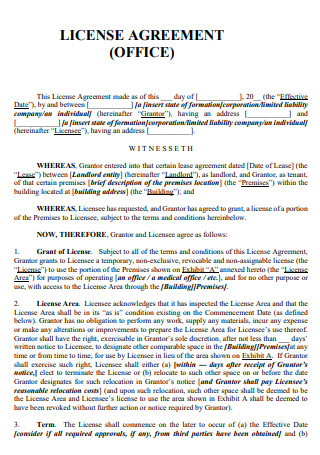
Office Model License Agreement
download now -
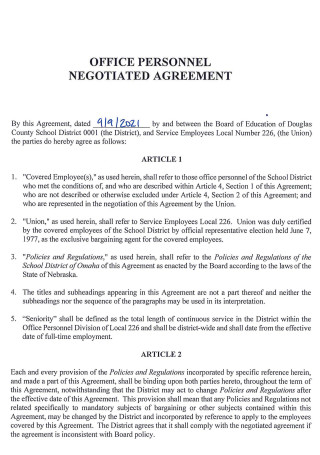
Office Personnel Negotiations Agreement
download now
FREE Office Agreement s to Download
50+ SAMPLE Office Agreement
What Is an Office Agreement?
Tips to Renting an Office
How to Write an Office Agreement
FAQs
What are the benefits of writing your own tenancy agreement?
What are my responsibilities as a commercial landlord?
How legally binding is a tenancy agreement?
What Is an Office Agreement?
An office agreement, also known as an office Lease Agreement, is a legal document that governs the relationship between a landlord and a tenant who will be renting space for non-retail purposes. Clients or employees are invited for professional advice, therefore the area is best suited for occupations such as accountants, lawyers, real estate agents, and other similar fields. A space rental isn’t a quick and easy thing to complete, numerous processes will have to be passed before an office agreement letter is signed. This is why this article is here to guide you through the steps in filling in the contents.
Tips to Renting an Office
Finding office space may be aggravating and time-consuming, perhaps more so than finding an Apartment, which is already difficult to imagine. Negotiating the numerous openings and options of commercial real estate may be difficult, and mistakes might result in a realtor or landlord taking advantage of you. This list has been put up to guide you on how to discover office space to rent and to assist you throughout the process.
How to Write an Office Agreement
You have finally reached the point where you will begin to make your office agreement. If this is your first time writing one, you don’t have to feel the pressure of perfecting it because this article also provides you with an office agreement format that you can easily follow through. Making use of the available templates will ensure that you will not forget any important details such as the terms or conditions on the longevity of the document or even the clauses on termination.
-
1. Names of the Occupants
Higher-ups and owners of the company, including both regular and non-regular employees, shall be recognized as familiar faces who will be visiting the office. Landlords usually benefit from requiring all adult inhabitants to be official tenants since the company is legally liable for paying the entire amount of rent and adhering to all other requirements of the lease or Rental Agreement. This means that if they fail to pay rent, you have the legal right to collect the total rent from the remaining tenants. You also have the authority to cancel the tenancy of all tenants, not just the offender, if one breaks the lease or rental agreement.
-
2. Description of Rental Property
Include the property’s complete address, including the building and unit number, if relevant. You will also want to take note of any designated storage rooms or parking spaces. If the rental includes designated parking, for example, make a note of the stall or space number. Define areas that tenants are not permitted to enter, such as a specific room on a certain floor, or if it is a shared building, specify which floor is allowed for your company.
-
3. Term of the Tenancy
Short-term tenancies, usually month-to-month, are created via rental agreements, which automatically renew until the landlord or renters end them. Leases, on the other hand, establish tenancies that last for a set period of time, usually a year. Whatever method you choose, be specific: write down the start date, the length of the tenancy, and, if you are writing a lease, the expiration date.
-
4. Rental Price
Don’t just write in the amount of rent, you will need to spell out when or typically, the first of the month and how it’s to be paid, such as by mail to the landlord or lessor’s office. Make sure you follow the rules for paying rent in your state. To avoid confusion, spell out details such as the acceptable Payment methods whether you charge a late rent fee, the amount of the fee, the grace period, and any charges if a rent check bounces. You should also mention if there are any necessary security deposits or fees that will be exchanged to secure the office.
-
5. Repair and Maintenance Policies
Your best defense against rent-withholding issues and confrontations over security deposits is to clearly explain your construction and maintenance policies, such as the tenants’ responsibility to keep the premises clean and sanitary and to pay for any damage they cause with exception of normal tearing, a requirement that the tenants notify you of any defective or dangerous conditions, and specific details on your complaints and repair request procedures.
-
6. Rules and Important Policies
Include any laws or guidelines that are so crucial to you that you would evict a tenant who disobeyed them. Other rules that aren’t as important can be written in a separate rules and regulations paper. Landlords frequently include the following conditions in their leases and rental agreements: avoid unlawful conduct, add a clear phrase barring illegal and disruptive behavior, such as drug dealing, drug usage, and excessive noise or disturbance, among others. Your building may prohibit smoking or provide an alternative smoking area. If you have a smoking ban, make a list of where and when renters are allowed to smoke.
FAQs
What are the benefits of writing your own tenancy agreement?
You can incorporate your own classes in your own renters’ agreement, such as tenants are not permitted to keep pets. These additional conditions must, however, be consistent with both the landlord’s and renters’ rights, and if they infringe on these rights, they are null and void and will not stand up in court. Take into account the side of the lessor as well, as these benefits and clauses may very well apply to your potential office.
What are my responsibilities as a commercial landlord?
A Commercial landlord is responsible for all of their property’s fixtures and fittings, which must be installed and maintained safely. As soon as the agreement is signed and sealed away, the renter shall then be held accountable for the safety and upkeep of any fixtures and fittings they have installed, as stated in the lease.
How legally binding is a tenancy agreement?
The tenancy agreement becomes legally binding after all parties concerned have signed it. This usually consists of the renter and the landlord, although it could also include a guarantor if the rental agreement calls for one. A lease, on the other hand, is instantly void if it violates the law, such as when it is used for any illegal purpose. A lease can be deemed void at the request of one party but not the other under other circumstances, such as fraud or duress.
You have reached the end of the article which brands you to be ready to write the office rental agreement now. Though after you do submit it, it won’t be immediately processed to be patient and wait for it. Furthermore, you can check out the available Office Cleaning agreement template to secure cleaning services for your office.
